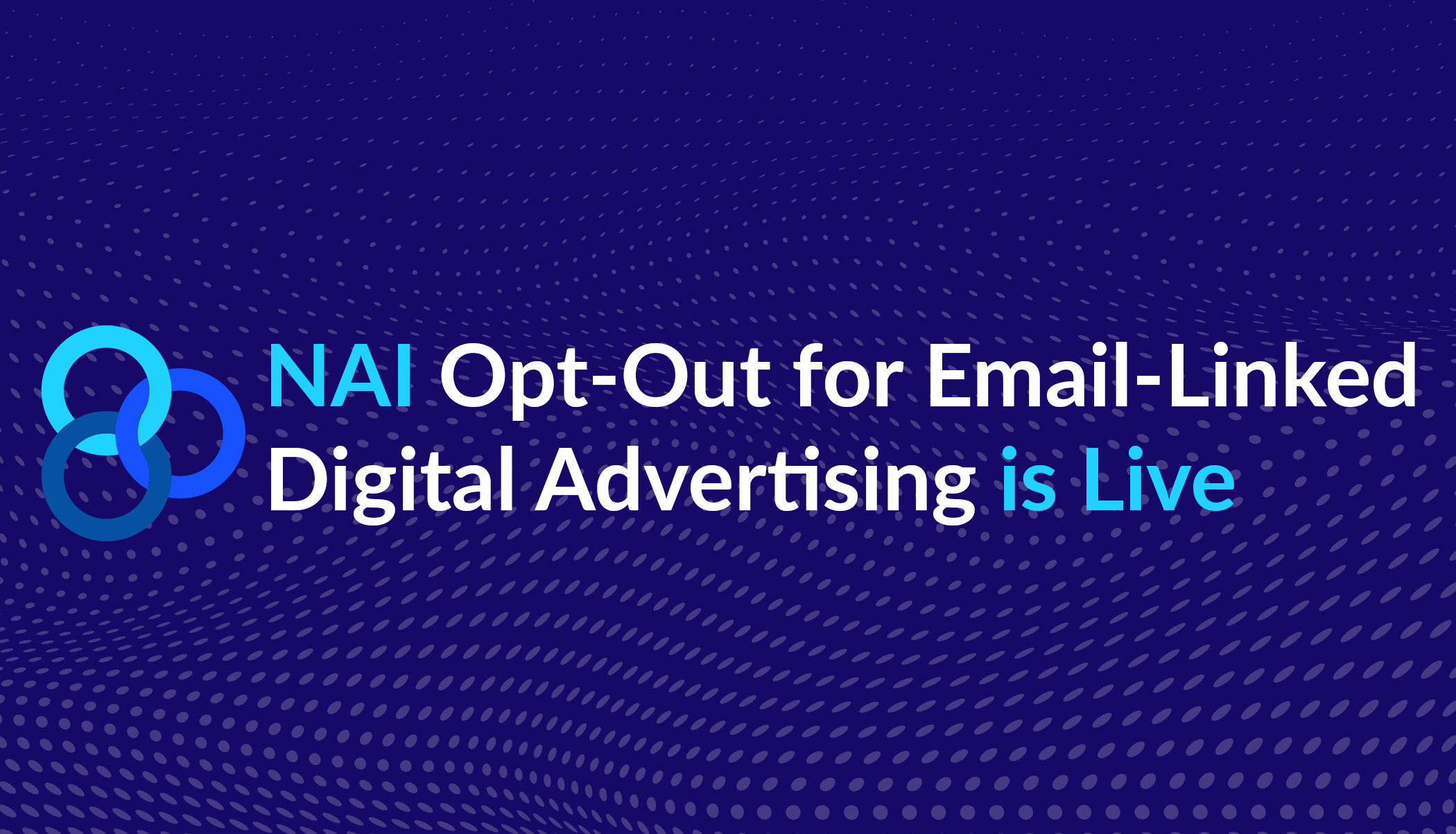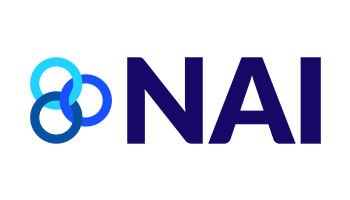NAI Board Members Again Show Why They Are Privacy All-Stars
Organizations ranging from PLI to the International Association of Privacy Professionals (IAPP) frequently call on NAI Board members to serve as faculty and lecturers when these groups organize sessions on digital advertising and privacy. That’s because our Board includes leaders in the industry, both on the privacy front and in terms of practical and in depth knowledge of the ad industry.
Last week, we wrote about NAI’s participation in the International Association of Privacy Professional’s Digital Advertising & Privacy conference (IAPP) in NYC. The sold out event featured several NAI members as speakers and panelists. NAI was specifically highlighted by Maneesha Mithal, the Associate Director of the Federal Trade Commission’s (FTC) Division of Privacy and Identity Protection , who stated that NAI’s program is the type of self-regulatory program “we are talking about…self-regulation with teeth.”
NAI again demonstrated this week why it is the leading self-regulatory association dedicated to responsible data collection and its use for digital advertising. Four NAI leaders participated as faculty in a one-day PLI program “Tracking and Targeting Customers and Prospects.”
NAI Board member Shane Wiley, who is Vice President of Privacy & Data Governance, Yahoo!, opened with a technical deep dive. He covered how cookies, local storage, device IDs, and other common Internet technologies work as well as the nuts and bolts of server calls and cookie syncing.
NAI Vice-Chair Alan Chapell, who is President of Chapell and Associates, followed with a discussion of AdTech business models, from IBA to contextual to cross device targeting and attribution. He further discussed different business models from networks to DMPs to SSPs, DSPs, and exchanges. Alan explored the basics of addressability and reviewed the history and development of privacy rules for digital advertising including the genesis of NAI back in 2000.
Alan looked ahead at what privacy lawyers should be thinking about as they advise clients regarding new business models. He suggested that lawyers need to consider the different sources of data such as online, offline, mobile, iTV, IoTs, and wearables. He noted that different sources, at least today, raise different issues. As one example, how will self-regulation or legislation address data collection by devices that have no interface with consumers? Lawyers should think about how data is collected (active v. passive) as well as the type of entity that is obtaining the data. That may include ecommerce platforms, ISPs, ad servers, exchanges or credit bureaus. Alan concluded his session by examining privacy controls such as DNT, platform level controls, browser level controls, and NAI’s industry-wide opt-out page for interest-based advertising (IBA).
NAI’s newest Board member, Ted Lazarus, Director, of Google’s Legal Department, led an engaging discussion about the role of privacy counsel in today’s rapidly evolving digital ad ecosystem. He highlighted the need for companies to have policies and procedures in place to help ensure that privacy issues are addressed early in the development of new technologies and business models. Ted noted that there often will not be direct precedent or clear industry standards when developing policies for new business models, and suggested that lawyers look to existing self-regulatory codes such as the NAI Self-Regulatory Code of Conduct as potential guidance.
NAI President & CEO Marc Groman explained that the NAI’s role is to help promote consumer privacy and trust in this market by creating and enforcing high standards for responsible data collection and use practices online and in mobile environments among its members. Marc further explained that the NAI accomplishes this through a body of self-regulatory policies – the NAI Code – and through a robust compliance and enforcement program that helps members meet these high standards, and holds them accountable.
It was a great day that once again showed why the NAI Board is so unique. Our Board members are not only experts in privacy, but they are industry leaders in business and advertising. They understand privacy issues and online advertising, and thus can craft thoughtful, practical, scalable standards that benefit everyone. In sum, our Board members are privacy executive all-stars from the advertising industry – a unique talent pool in its composition and depth, with a cross-section of experience.








